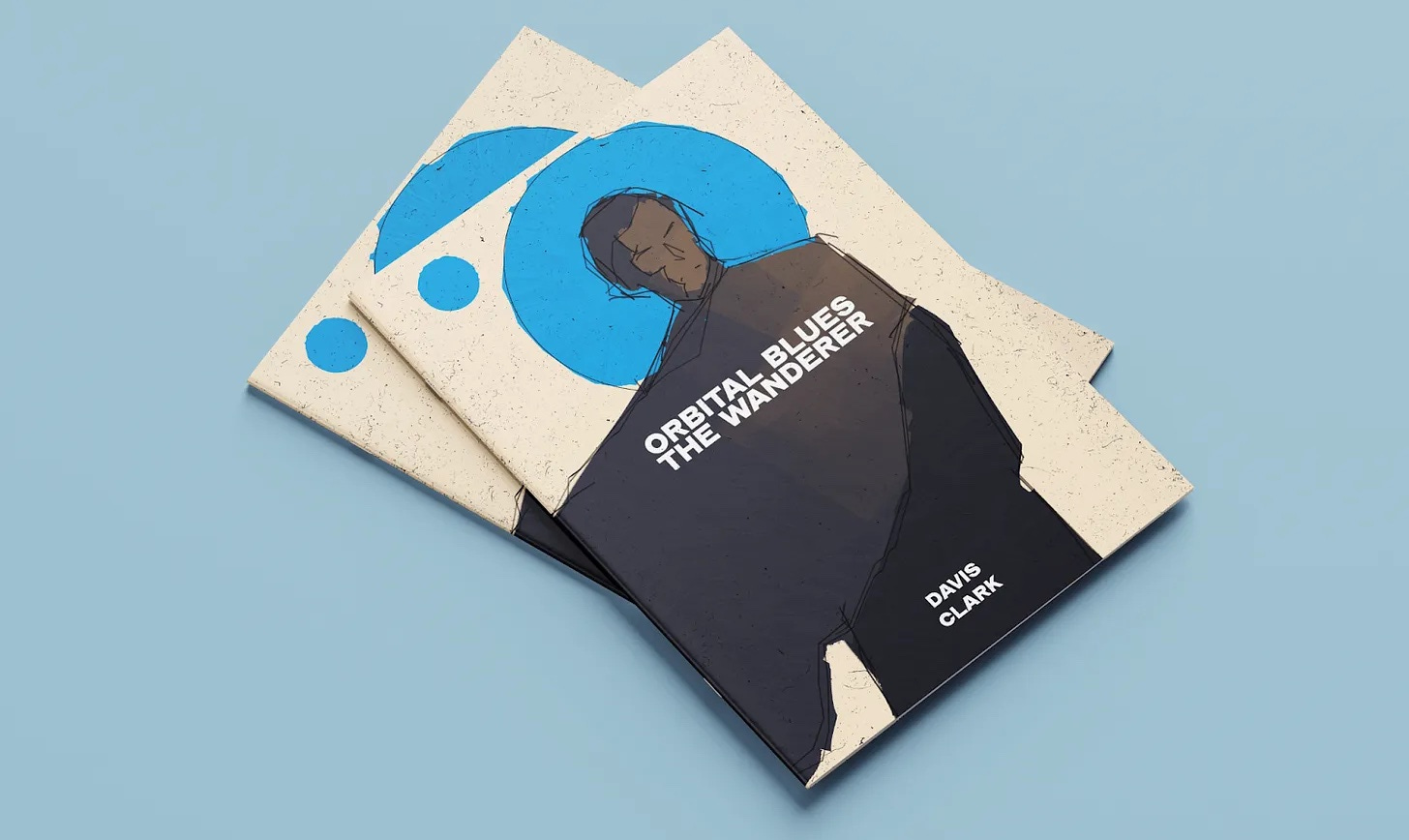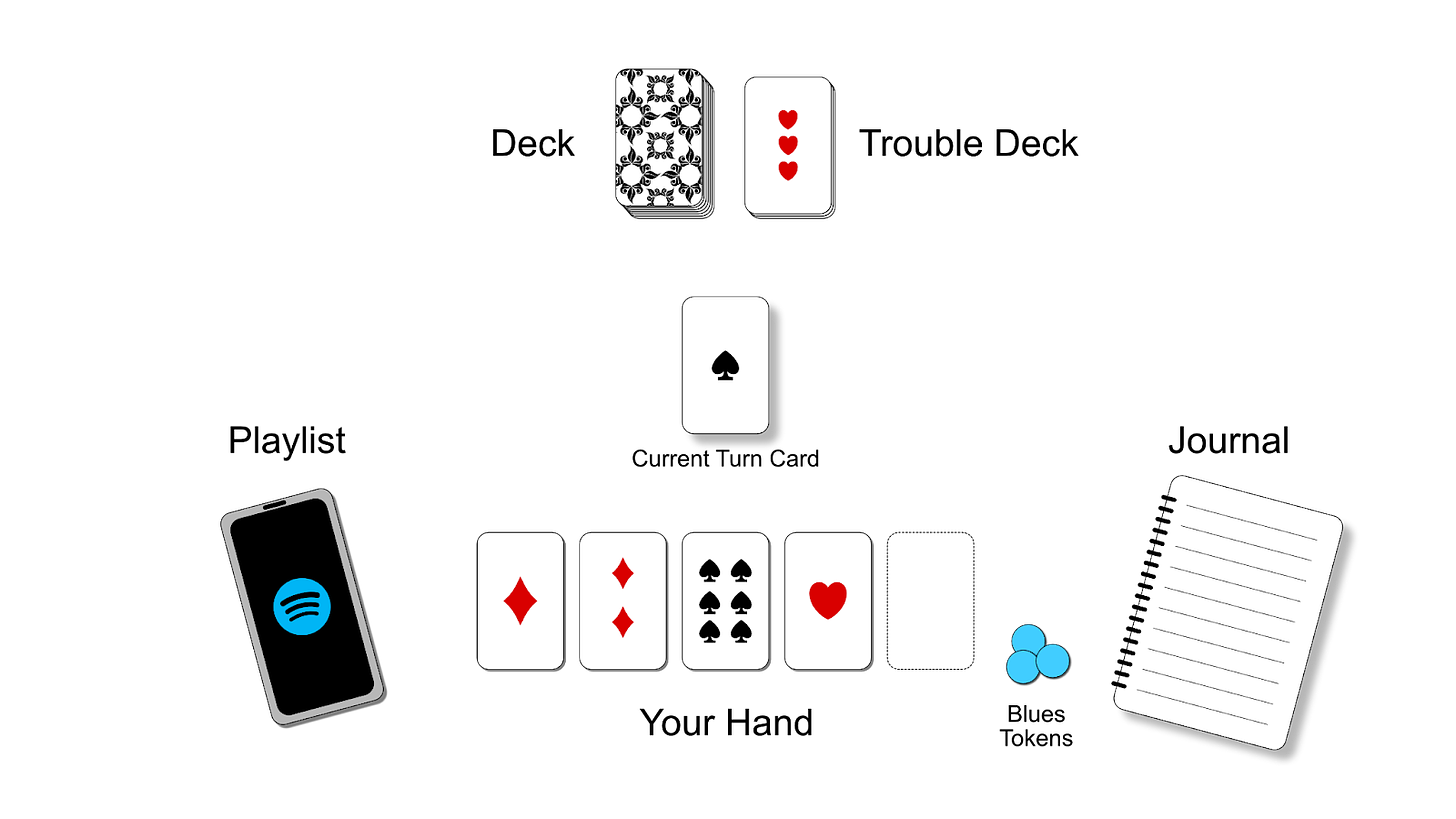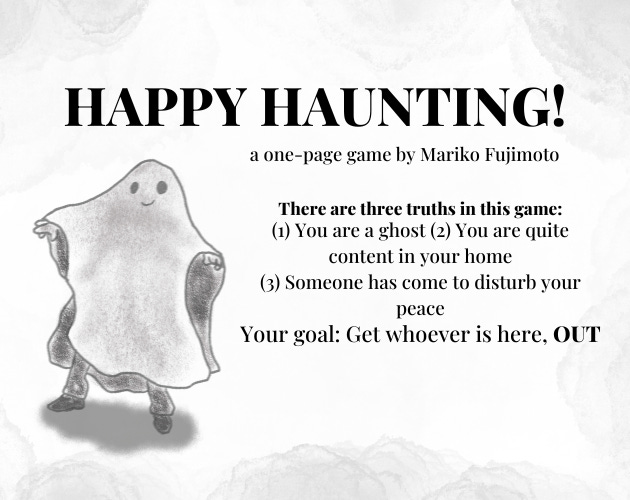How to Ensure Your Rolls Have Impact
GM Advice from Brian, News from the Discord, and Solo Rules for Orbital Blues
Making Big Rolls Matter
What 9 Lives to Valhalla Taught me about GMing Epic Moments
There are lots of things I worry about each time I sit behind the GM screen. But for me, the biggest worry is always the same: Don’t mess up the big moments.
For our current season of My First Dungeon we are playing 9 Lives to Valhalla, a game of viking death metal cats on a mission from Death where every roll means something dies. That means that every single roll of the dice is one of those big moments I worry about. But after running a season where the goal is to make every death as epic as possible, I began to better understand the component parts of making those big rolls matter.
Clearly Define the Stakes
When your players are making an especially important roll—sneaking into a dragon’s lair, telling a bold-faced lie to a mob boss, or making a last ditch effort to save themselves from certain death—you should always be INCREDIBLY clear about the potential consequences of the roll. In 9 Lives to Valhalla, that work is already done for you: if you fail, you die; if you succeed, whatever you’re attacking dies. It’s very clear. But in other games wherein success is measured on a sliding scale or is up to interpretation, it’s the GM’s job to let the players know if making this roll could result in their character being seen as untrustworthy or if it could result in them getting executed for espionage. Roleplaying games are acts of collaborative imagination. So before your players go splashing a bunch of paint on the canvas, be sure you both agree on what color they’re throwing.
Negotiate
The moments before a big roll are for the players to look at their character sheet and make use of every single skill, ability and trait available to them. If you’ve properly established the stakes, they will know the importance of the roll and the possible outcomes from success or failure. If they care about their characters, they will do everything in their power to succeed. They will haggle and finagle their way into getting every last bonus die or difficulty-altering ruling from you. Let them! This is a negotiation between you and your players about what the world looks like and what their characters are capable of. It’s also a time where players who are most invested can be rewarded either through their system mastery or their imagination. Don’t knock the hustle, make fair and consistent rulings, and let them fight to give themselves the best possible chance for success. You’ll both have a lot of fun doing it.
Choose the Moment of Revelation
So you’ve set the stakes, your players have scraped every last bit of advantage out of the situation, and now there’s just one thing left to do: Roll the dice.
This is the moment this whole article is about: The Big Moment. And there are two ways you can approach it.
The first way is to tell the player the difficulty before they roll. This allows them to know exactly what they have to do in order to succeed. It also means that all the tension that has been building will be released the moment the dice settle on the table. It’s the same feeling as rolling a 20 in D&D. It’s that instantaneous “YES!” that happens when you see success in front of you. By keeping everything open and honest, everyone gets to share in the moment of triumph or catastrophe at the same exact time. It’s a great way to make your table go crazy. If you choose this path, take a few moments just before the dice are rolled to lay out the scene in the most epic way you can. Milk the scene until your players are DYING to roll the dice. “The dragon is flying towards you…you raise your mother’s sword…you see her eyes in the glint of the steel…you summon all your might and…swing!”
In our season of 9 Lives to Valhalla I sometimes told the players the number they had to beat, but more often than not we would both roll our dice pools at the same time, they would reveal their results, and then I would reveal what their target rolled. This is a great way to have your players hanging on your each and every word, their fate already sealed, and it allows you to narrate the story around the result. “Death moves slowly towards you…his head barely moves as he hears your blade stab towards his back…he swings his sickle in a long arc over his head…not looking…knowing exactly where your attack is…moving with a speed no human could ever attain………but….it’s not. fast. enough.”
Go to gemroomgames.com and use the promo code “myfirstdungeon” at checkout to receive 10% off 9 Lives to Valhalla and the adventure supplement The Wreck of the Murderous.
In the first example, the moment of revelation is when the dice settle on the table. In the second, it’s when the GM shares the result within the narration. The best GMs use a mix of both, sometimes allowing the players to control the Moment and sometimes delaying the Moment in order to build the tension as much as possible. No one way is better than the other; they’re both tools in your toolbox.
— Brian
Become The Wanderer
Pre-Order Solo Rules for Orbital Blues Now!
We love Orbital Blues around here. If that wasn’t already clear, you should listen to our season of My First Dungeon (now selected for three webfests!).
And now, I’ve had the privilege and honor of getting the chance to add to the official Orbital Blues universe. Yes, my solo companion rulebook—Orbital Blues: The Wanderer—is finally available for pre-order at the Orbital Blues: Afterburn store.
What is The Wanderer?
Orbital Blues: The Wanderer is my attempt to honor everything I love about this game in a companion solo experience. It is both a natural extension of the base group game and a unique opportunity to explore the solo sad space cowboy life, and can serve as your entry into this very special game.
The Wanderer adds a deck of playing cards and poker chips to the six-sided dice of the main game. You use these cards to relive memories of your checkered past while building the best possible poker hand to reckon with your Trouble in the present. Throughout, you build the soundtrack of your life—a playlist of your highest highs and lowest lows.
How is it different from the base game?
The Wanderer is an examination of your entire life as an interstellar outlaw. The scale of this life is variable but the game imagines that you have experienced several periods that would be the equivalent of a full arc of play in Orbital Blues. The prompts of each card might ask you to recall a single moment or a full season of your life.
Still Orbital Blues
One of my goals was to give players an opportunity to engage with the core mechanics of Orbital Blues and learn the game’s language as they play The Wanderer. Within, you’ll find Muscle/Grit/Savvy Checks, Blues and Troubles, Heart and Exertion. If something worked brilliantly in the base game, I had no intention of trying to replace it.
Pick up a copy of The Wanderer for just £12 (just over $15) with an expected shipping date of June 2024.
Most important to me was an effort to capture the thing about Orbital Blues I first fell in love with: the vibes. On this front, I am proud to say, I think I nailed it. The core reckoning of Orbital Blues is the core reckoning of The Wanderer—how long can we carry on beneath the weight of our Troubles? Can we overcome them? Or are we doomed to sing the Blues until our last breath?
— Elliot
Discord Discorse
Here’s What the People are Talking About
Did you know that Many Sided Media has a pretty bumpin’ Discord where you can get even more My First Dungeon and Talk of the Table goodness? Here are the top things you’ve missed out from our Discord this past week:
Veloxity made a game!
Discord member Mariko Fujimoto, aka Veloxity, caught the game design bug and recently released Happy Haunting!, a game in which “you're just some spooky lil fellas who need to haunt a disturbance out of their home.” You can pick up a copy of the one-page RPG for just $1 at marikofujimoto91.itch.io, or, as a subscriber of this fine newsletter, you can test out the game with a free download now through March 31, 2024.
Folks have thoughts about narrative theory.
For Brian and Elliot’s latest interview with Taylor Moore on Talk of the Table, they discussed narrative theory, or the way we create stories in the Actual Play podcast world, and it has led to some great insights from listeners over on #whats-the-table-talking-about.
Here is a small sampling of quotes from that conversation.
On Anthologies vs. Long-Running Shows:
I always like the idea of anthology or shared-setting shows (hell, I make one!) but I actually don’t think it’s a good model for success in general.
The way I’ve approached it with my shows has been to establish an audience with a long running serial, then use experimental one shots and short runs (1-3 eps) within the same feeds (public/private) as testing grounds for new ideas.
On Trends in the AP Space:
It’s also worth noting that while we can point (endlessly) to different past/current trends of different narrative techniques, structures, etc. (God knows I do it all the time) the danger is seeing those as templates.
At a certain point a niche in the creative ecosystem [becomes] overpopulated (and/or the material conditions of creating/disseminating/consuming have changed) and you gotta find new territory.
“Five friends with acting/improv backgrounds playing D&D” is over-saturated. What other ways of telling compelling stories with AP are there, and how do we make them such that we reach those audiences looking for something beyond the dominant form?
The creation of the new reading group channel.
Fans put out the idea that a “reading group” channel, where members can post the latest AP content they’re takings in, would be a fun addition to the Discord after all that narrative theory discussion. And so the #reading-group channel was born! Discord patrons have shared a curated AP podcast playlist that is pinned in the group for folks to jump into on their own time. The channel itself is also a great place for discussion of AP with the overarching question being: “What makes a good AP? How do we identify that?”
Members are also in the process of planning a watch party for GUDIYA: Part 1 with a shared virtual screening for folks to watch together and chat about it in real time.
Be sure to join the Many Sided Media Discord so you don’t miss out on the fun.
— Shenuque
Have an idea for a Discord channel you think Many Sided Media fans would love? Leave us a comment and you may just see it popping up in your feed…









The most recent episode of Talk of the Table spurred truly the most intense and enjoyable Discord discourse I’ve ever seen